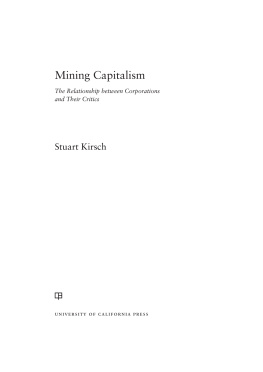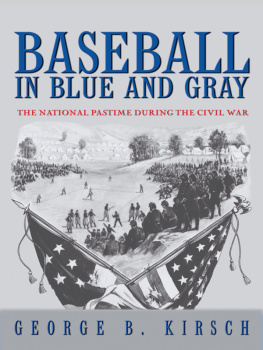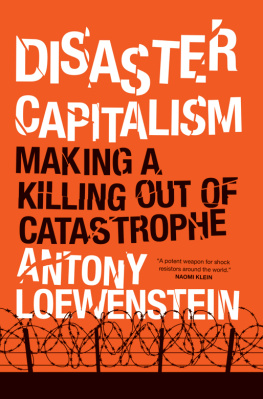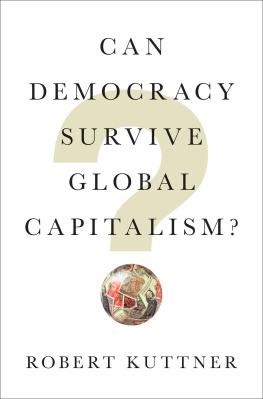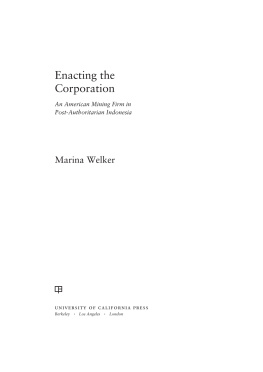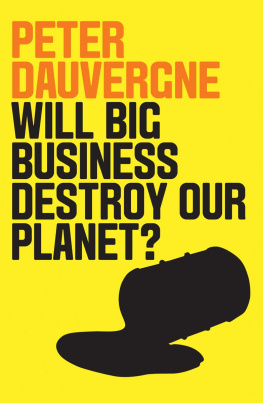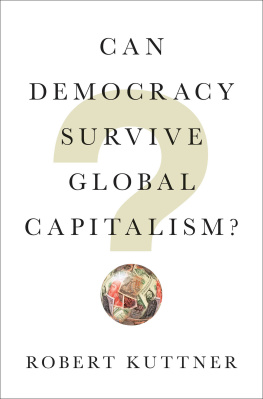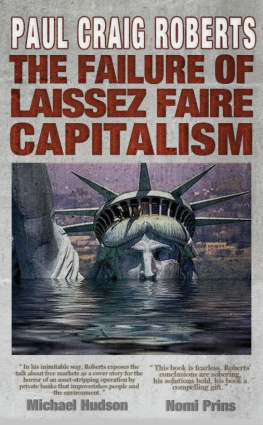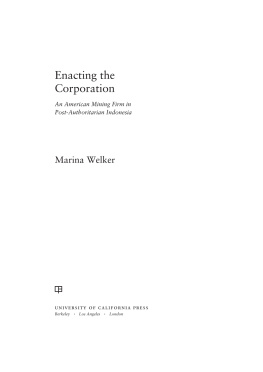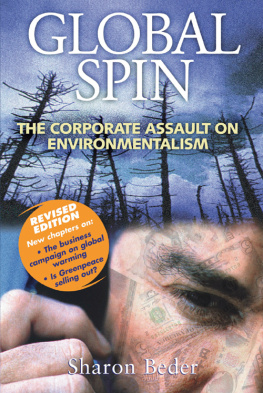Acknowledgments
The movement of this project across scholarly and activist communities has increased the number of people and organizations to which I am indebted. A fellowship in Urgent Anthropology from the Royal Anthropological Institute and Goldsmiths College, University of London, provided me with the opportunity to conduct timely research and frame this project in anthropological terms. The University of Michigan generously supported my research through the Center for International Business Education; the College of Literature, Science, and the Arts; the Department of Anthropology; the Office of the Vice President for Research; and the Rackham Graduate School. The Program in Agrarian Studies at Yale University provided a stimulating environment in which to think through, discuss, and begin writing about these issues. An ESRC-SSRC fellowship supported my participation in a collaborative research project at Manchester University on Territory, Conflicts, and Development in the Andes, which provided me with a valuable comparative perspective on resource politics. A fellowship from the American Council of Learned Societies and a Michigan Humanities Award enabled me to complete the manuscript.
This work has benefitted significantly from discussion with colleagues and graduate students at the University of Michigan and elsewhere, especially Anthony Bebbington, Denise Humphreys Bebbington, Mark Busse, Tony Crook, Michael Dove, Steven Feld, Kim and Mike Fortun, Bob Foster, Katherine Fultz, Lawrence Hammar, the late Olivia Harris, Federico Helfgott, Matt Hull, David Hyndman, Bruce Knauft, Fabiana Li, Jimmy McWilliams, Lynn Morgan, Steve Nugent, Dinah Rajak, Elisha Renne, Doug Rogers, Jessica Smith Rolston, Suzana Sawyer, Jim Scott, K. Sivaramakrishnan, Marilyn Strathern, Jim Trostle, Jimmy Weiner, Marina Welker, Michael Wood, and Anna Zalik. My collaboration with Peter Benson on the anthropology of the corporation has been especially rewarding. Many of the arguments presented in this book have been honed through debates with my regular sparring partners on mining issues in Melanesia, Glenn Banks, John Burton, and Colin Filer, although neither they nor anyone else is responsible for the views expressed here.
During the campaign against the Ok Tedi mine, I came to rely on Brian Brunton, Simon Divecha, Geoff Evans, Igor ONeill, Helen Rosenbaum, Lee Tan, and later Techa Beaumont and Matilda Koma for information and insight. At Slater & Gordon, Nick Styant-Browne, John Gordon, Peter Gordon, Ikenna Nowokolo, and later Ben Hardwick provided an invaluable backstage view of the legal proceedings without imposing any restrictions on my work. Lewis Gordon, David Hunter, Lawrence Kalinoe, Jacob Kopas, and David Szablowski fielded legal queries. David Nelson has generously shared his knowledge about the environmental impacts of mining for many years. I have also benefitted from long-running exchanges with Peter Adler, Robert Bryce, Joji Cario, Luis Manuel Claps, Bong Corpuz, Catherine Coumans, Al Gedicks, the late Robert Goodland, Jamie Kneen, Fergus MacKay, Roger Moody, Gavin Mudd, Geoff Nettleton, Vicky Tauli-Corpuz, Ximena Warnaars, Viviane Weitzner, Andy Whitmore, and David Wissink. Kathy Creely, Jennifer Nason Davis, and Vikki John helped me track down important references. Sandhya Murali and Steve Hurvitz assembled a wealth of financial data. Bonnie Campbell, Katherine Fultz, Ken MacDonald, and Nina Glick Schiller generously allowed me to make reference to their unpublished work. Discussions with the members of the Mines and Communities network have influenced this work more than I can acknowledge. I am also indebted to the Association of Indigenous Village Leaders in Suriname, the Forest Peoples Programme, Indigenous Peoples Links, the Middlesex University School of Law, the Mineral Policy Institute, the North-South Institute, the Office of the United Nations High Commissioner for Human Rights, and the Tebtebba Foundation for including me in their research projects and workshops.
Some of the examples from chapters 2 and 3 initially appeared in Indigenous Movements and the Risks of Counterglobalization, published in American Ethnologist in 2007. Some of the material in chapter 5 was originally published in a short essay called Sustainable Mining, which appeared in a special issue on corporate oxymorons in Dialectical Anthropology in 2010 and in the chapter Mining Industry Responses to Criticism in Edward F. Fischer, ed., Cash on the Table: Markets, Values, Moral Economies (SAR Press 2013).
This work has also benefitted from discussion at the University of Auckland, Bowdoin College, Columbia University, the University of Heidelberg, the Maurer School of Law at Indiana University, the University of Michigan, the University of Munich, the Universidad del Rosario, the School for Advanced Research, the University of Wisconsin Law School, and Yale University. I am particularly grateful to Heinz Klug for encouraging me to write in a more hopeful vein. Matt Hull and his seminar on corporations; Kedron Thomas, Peter Benson, and their reading group at the University of Washington in St. Louis; and the students in my seminars on engaged and environmental anthropology provided insightful comments on the manuscript. Jeri Sawall applied her keen editorial eye to the first draft. Zeynep Grsel, Dominique Nabokov, and Randal Stegmeyer provided valuable advice and assistance regarding the images for the book; Ben Pease produced the three elegant maps. I also wish to thank my colleagues at the University of California Press: Reed Malcolm, who supported the project from the outset and guided it through the review process, and Wendy Dherin, Jennifer Eastman, Stacy Eisenstark, and Rose Vekony, who oversaw its transformation into a book. The comments from the three anonymous reviewers were exceptionally helpful in guiding the final revisions.

